
Berdi
urinary Track Health
We all experience coughing from time to time. It can be quite bothersome, especially when it persists for an extended period or disrupts our daily lives. Many factors can trigger coughing, including allergies, respiratory infections, and irritants in the air. In recent years, claims have suggested that certain foods can also cause coughing.
Let’s explore these claims and separate the facts from the myths. So, can these foods cause coughing? Let’s find out.
There is limited scientific evidence supporting the direct link between certain foods and coughing. However, individuals may experience a subjective association between their dietary choices and the occurrence of coughing episodes. It’s important to remember that everyone’s body is different, and what triggers coughing in one person may not have the same effect on another.
Let’s explore if these foods cause coughing or if it is just in your head.
The association between dairy products and coughing has long been a topic of discussion. Some individuals claim that consuming dairy leads to increased mucus production and subsequently triggers coughing. However, when we delve into scientific research, the evidence supporting this claim is limited.
Research investigates the effects of dairy consumption on mucus production in healthy individuals. The research measures mucus production using several methods, including self-reporting and objective assessments. The results showed no significant difference in mucus production or cough symptoms among the three groups, suggesting that dairy consumption does not directly cause coughing.
Another research study published in the Journal Chest explores the association between dietary factors, including dairy, and respiratory symptoms in adults. The study found no significant link between dairy consumption and cough symptoms.
While these studies indicate that dairy products are unlikely to cause coughing in the general population directly, it’s essential to consider individual differences. Some individuals may be more sensitive to certain foods, including dairy, and may experience coughing due to an allergic reaction or sensitivity. If you suspect a dairy allergy or intolerance, it is advisable to consult a healthcare professional for proper evaluation and guidance.
In conclusion, the belief that dairy products can cause coughing lacks substantial scientific evidence. Research studies have failed to establish a direct causal relationship between dairy consumption and cough symptoms in the general population. However, individual sensitivities and allergies should not be overlooked. It is always best to listen to your body and consult a healthcare professional if you have concerns about specific food allergies or intolerances.
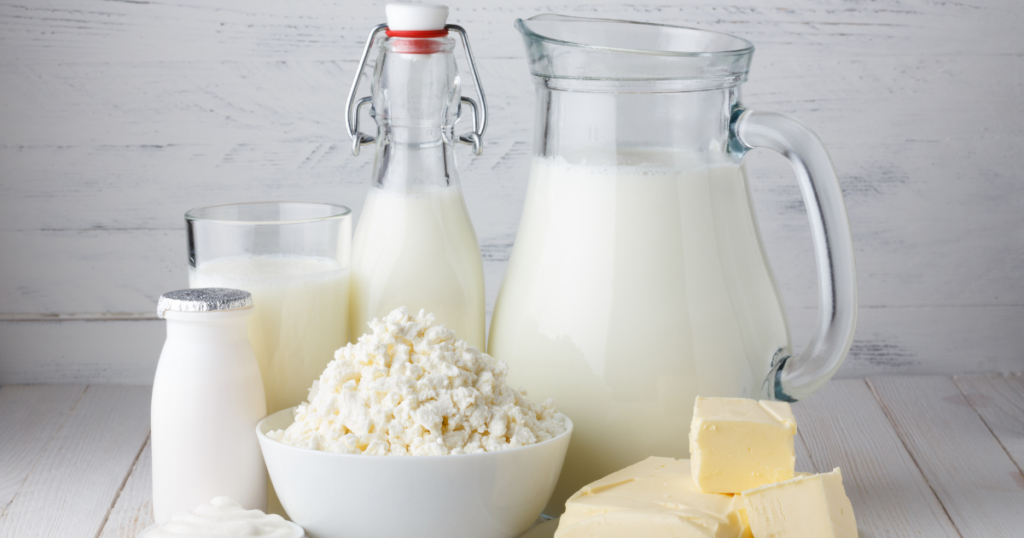
People who want to know if foods cause coughing are often the most sceptical about rice. The notion that rice can cause coughing is not supported by scientific research. While coughing can be triggered by various factors, including allergies and respiratory infections, no evidence suggests that rice consumption directly leads to coughing.
While there is not enough research to prove that rice increases mucus production and causes coughing, the ayurveda says that people experiencing coughs should avoid rice.
Therefore, it is safe to say that rice does not always cause coughing. However, individual sensitivities and allergies should always be taken into consideration. If you experience any adverse reactions to rice or suspect a food allergy, it is advisable to consult with a healthcare professional for proper evaluation and guidance.
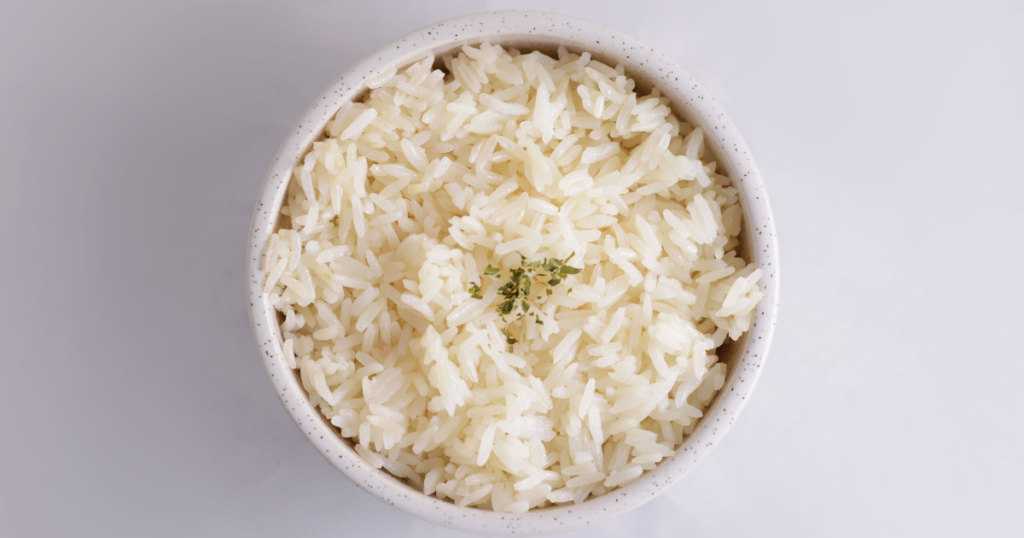
The tangy flavour of citrus fruits often makes people believe that foods cause coughing. The association between citrus fruits and coughing has been a subject of speculation. Some individuals believe that the acidic nature of citrus fruits may irritate the throat and trigger coughing. However, scientific research suggests otherwise.
Studies investigate the effects of citrus fruits on respiratory symptoms in large populations of adults. These studies find no significant association between citrus fruit consumption and cough symptoms. Further, research examines the relationship between diet and airway diseases. It is concluded that although acidic foods, including citrus fruits, may cause temporary throat irritation in some individuals, there is insufficient evidence to support the claim that they directly cause coughing.
The available research shows that citrus fruits are unlikely to cause coughing in the general population. However, individual sensitivities can vary. If you experience coughing or throat irritation after consuming citrus fruits, listening to your body and limiting their consumption is recommended.

The consumption of spicy foods has been linked to various reactions in the body, including a potential connection to coughing. It is believed that the capsaicin compound found in spicy foods can cause irritation to the respiratory system and trigger coughing. However, scientific research provides a more nuanced perspective.
A study published in the Journal of Applied Physiology investigated the effects of capsaicin on cough reflex sensitivity. The results demonstrated that while capsaicin did induce coughing, the effects were generally mild and short-lived. The study suggested that habitual consumption of spicy foods might lead to tolerance and reduced cough reflex sensitivity over time. Research also examines the impact of capsaicin on respiratory symptoms. It was concluded that although capsaicin can trigger a temporary cough reflex in some individuals, it does not lead to persistent coughing or respiratory disorders.
So, if you want to know, can we eat pizza during a cough? Yes, you most definitely can. Based on the available evidence, it appears that spicy foods can cause transient coughing in certain individuals due to the presence of capsaicin. However, the effects are typically mild and diminish with regular exposure. If you experience discomfort or excessive coughing after consuming spicy foods, reduce your intake or opt for milder alternatives.
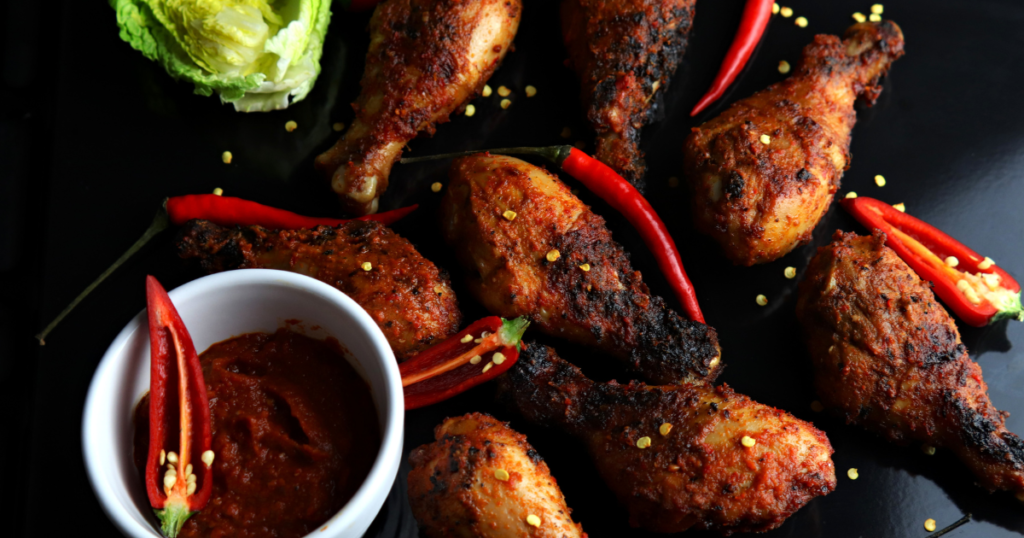
If you are wondering, does apple cause cough? The simple answer is not usually. Many people believe that foods cause coughing, and apples are one of them. Apples are a popular fruit known for their nutritional benefits. However, the belief that apples can cause coughing has led to speculation. While individual experiences may vary, scientific research suggests that apples do not directly trigger coughing.
According to research, there is no significant association between fruits and coughing, including apples. It is unlikely that apples cause coughing in the general population. However, individual sensitivities should be considered. If you personally experience coughing after consuming apples, it is advisable to consult a healthcare professional for further evaluation.
People who believe that apples cause cough often believe the same about many other fruits, especially grapes. So, Can grapes cause cough?
Grapes can cause cough in some people, but it is not a common side effect. In most cases, the cough is caused by an allergic reaction to grapes. The allergy can cause the airways to become inflamed, which can lead to a cough. Other symptoms of a grape allergy include hives, itching, and swelling.
In rare cases, grapes can also cause a cough in people who do not have an allergy. This is because grapes contain a substance called histamine, which can trigger a cough. Histamine is a chemical that is released by the body in response to an allergic reaction, but it can also be released in response to other stimuli, such as cold air or exercise.
If you experience a cough after eating grapes, seeing a doctor to rule out an allergy is important. If you have an allergy, you must avoid eating grapes and other foods containing grapes.
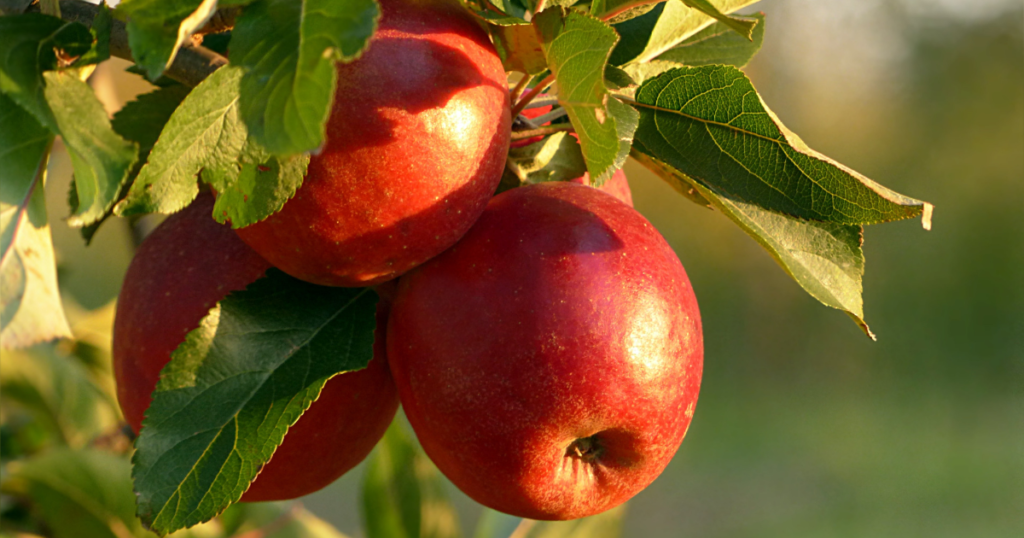
It is concluded that the belief that foods cause coughing is mostly vague and has no scientific backing. However, some people may be allergic to certain foods, and when they consume those foods, the body reacts by producing more phlegm and coughing.
So, if you have a persistent cough, stop blaming your food and start taking Prospan Cough Syrup and consult your doctor.
Apples do not cause coughing as they are generally well-tolerated.
You can safely consume rice during a cough as it is easy to digest. However, if you think taking rice produces more phlegm, consult a doctor, as you might be allergic.
Grapes do not have a direct association with coughing and can be enjoyed.
While eating pizza during a cough is generally okay, be mindful of any personal sensitivities or ingredients that may exacerbate symptoms.
Watermelon, with its high water content and soothing properties, can be beneficial to consume during a cold and cough.
Yes, you can drink water after taking cough syrup to help you stay hydrated and support the effectiveness of the medication.

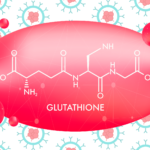


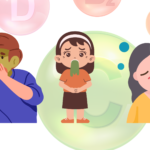

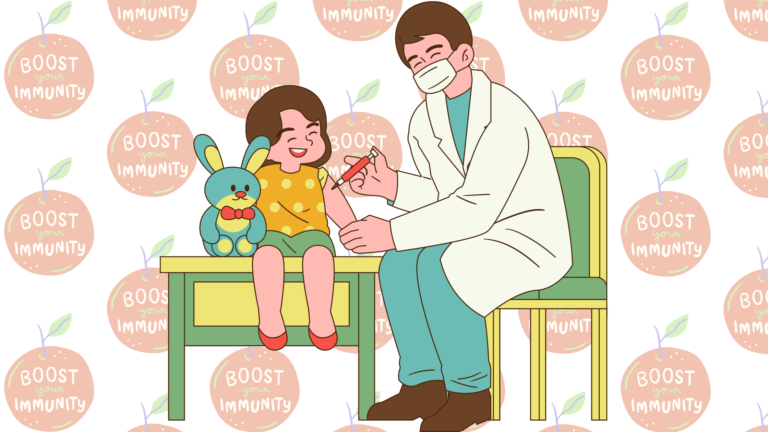
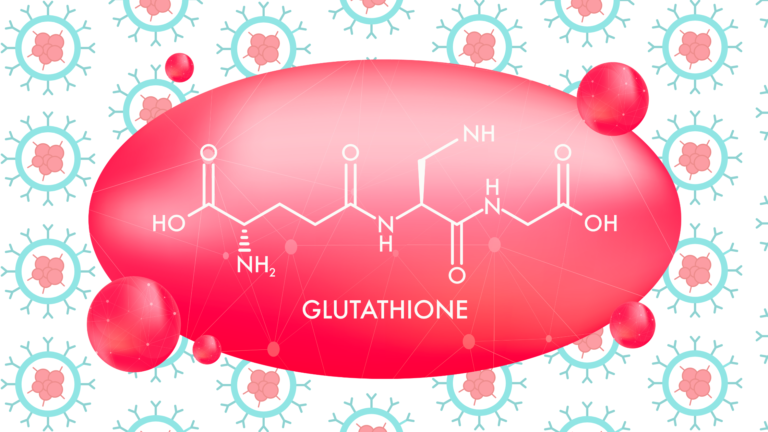

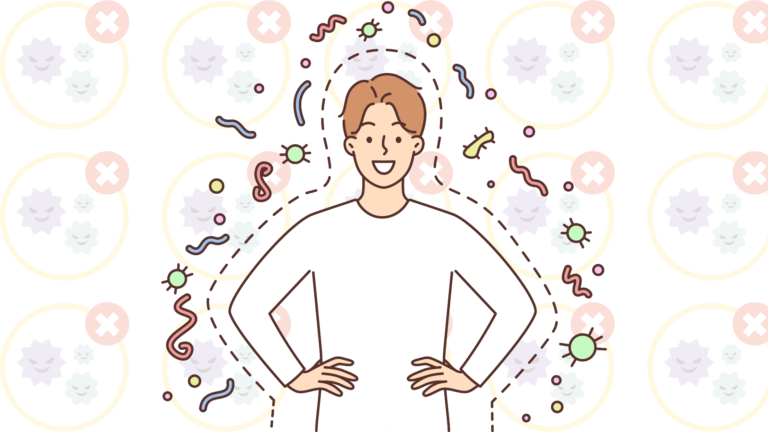
©2023 Route2Health®️
NTN: 2229383
AN ASSOCIATED COMPANY OF HIGHNOON LABORATORIES
STRN: 0301999937728

WhatsApp us
